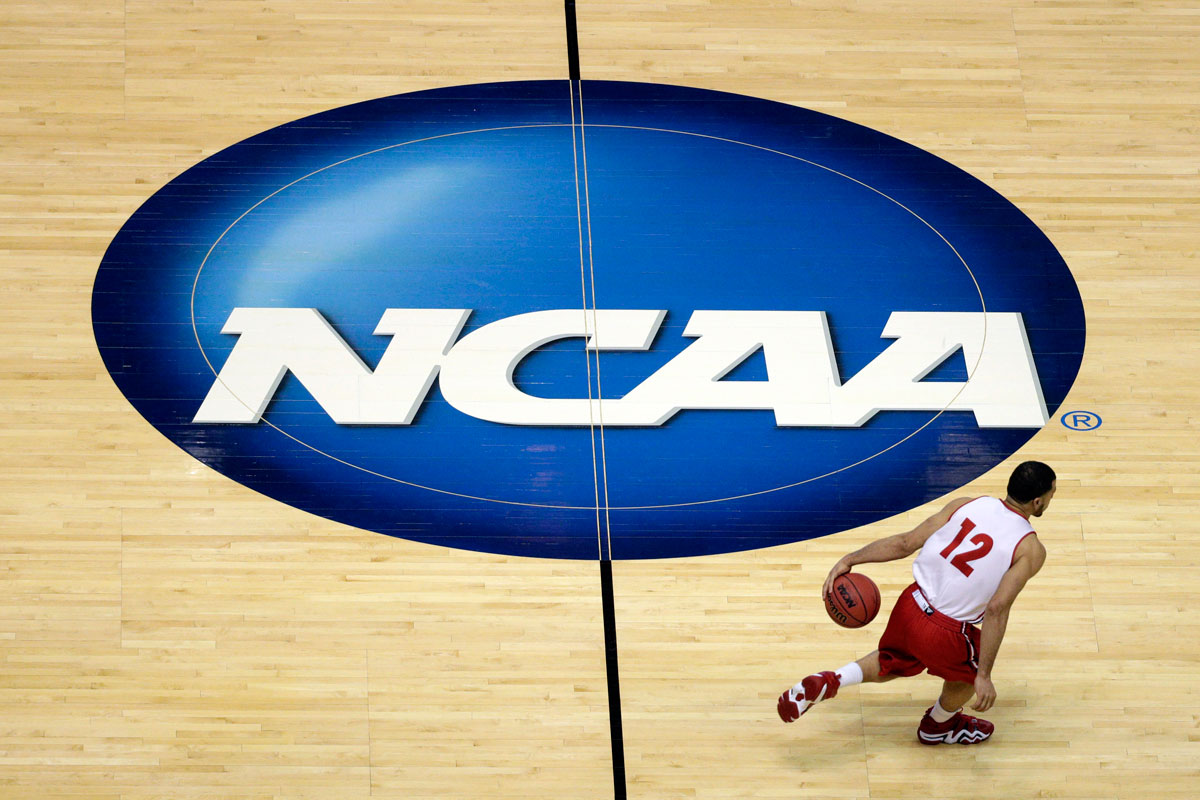WASHINGTON — On the afternoon of Friday, Aug. 8, 2014, an unusually tall car salesman in Henderson, Nevada, was walking around the showroom when he found out that he’d won the most significant legal decision in modern sports, the one that carries his name. While the full ripple of effects of O’Bannon v. NCAA have yet to make their way across college sports, the groundwork had been laid for a massive overhaul in how we treat and compensate student-athletes.
The story of Ed O’Bannon’s fight to allow college athletes to get their fair share of the NCAA’s massive money pot has been captured in the new book, “Court Justice: The Inside Story of My Battle Against the NCAA,” written by the former UCLA and NBA star, along with Sports Illustrated legal analyst Michael McCann, and published by Diverson Books. In it, O’Bannon details not just the road to and through the courtroom that led to the landmark decision, but also his own 12-point call to action to fix the broken college sports system in the U.S.
O’Bannon’s original interest in the case came when he saw his own likeness used in a video game along with thousands of other college players, for which none of them received any compensation. Not surprisingly, the first of his 12 ideas in his book tackles that particular issue, trying to empower college athletes to capitalize on their brands.
Regardless of whether or not you think college players should be able to earn money from the schools above and beyond their scholarships, the NCAA “amateurism” rules that prevent legal adults from taking advantage of their own celebrity is clearly unfairly applied to athletes.
“They don’t have a legitimate argument, and that’s kind of the point,” O’Bannon told WTOP. “You’re not taking money out of that billion dollar pot that they have flowing in every year after the season ends.”
And yet, some sports fans continue to side with the NCAA. O’Bannon thinks that’s simply a resistance to anything new, a retreat to embrace the way things have always been done.
“I think we’ve been conditioned to think that [way],” he said. “These rules and thoughts have been in place for decades, and anytime you introduce change, immediately the wall goes up … I think the typical sports fan has been conditioned to think that, to say that, to feel that.”
Listen to the full conversation above. “Court Justice” is available now.






